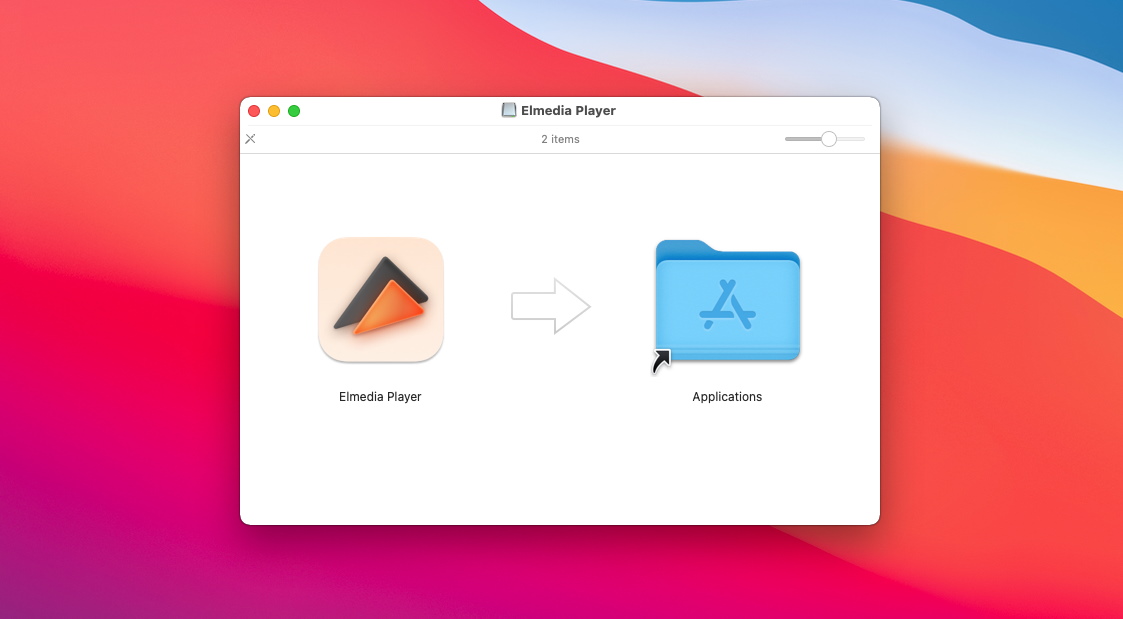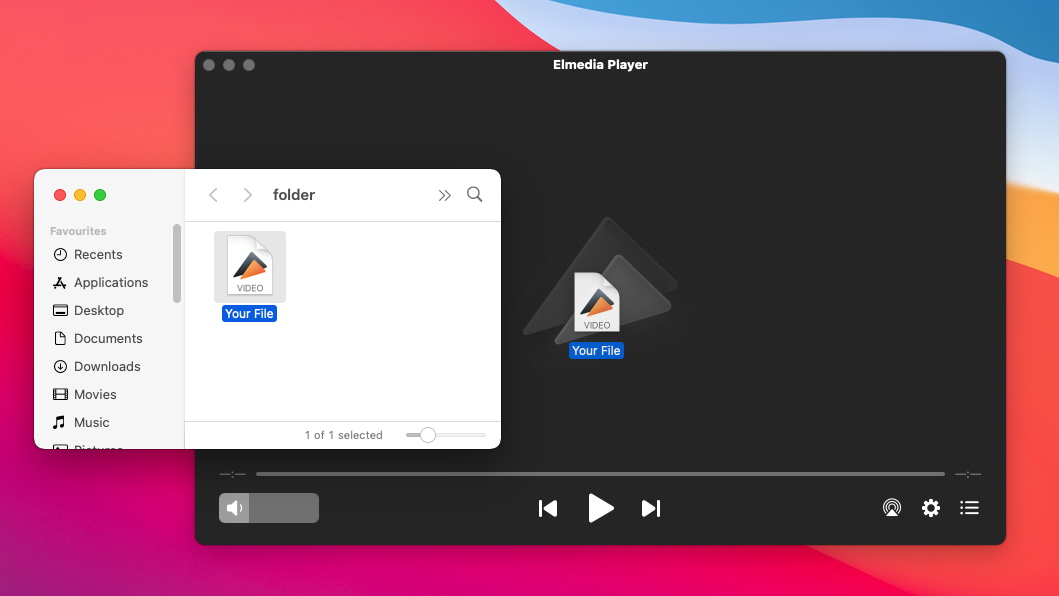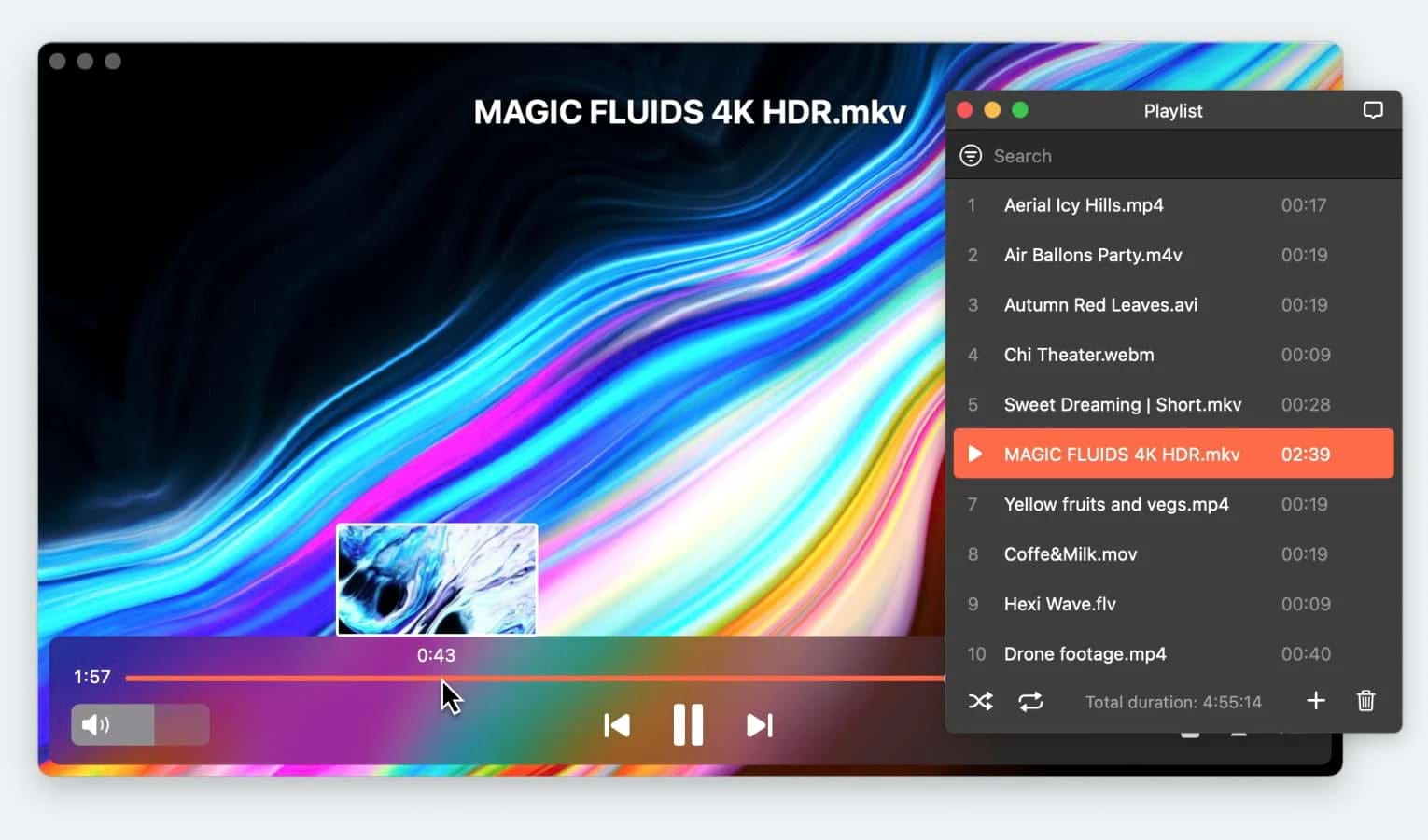Experiencing issues with VLC Media Player? It can be frustrating if you open the latest video you have downloaded and find VLC skipping and lagging, or displaying in a choppy way. Generally, this will make the video unwatchable.
In the case of VLC choppy playback, there is potentially a wide range of causes. This means you’ll have to spend some time working out the root of the problem.
Testing different videos, we’ve evaluated low-quality videos and 4-8K ones, in both AVI or MP4, to encompass problems across various resolutions and formats. Let’s dive deeper into the topic and find the best solution below.
How to fix VLC Issues While Playing Videos
If the VLC video is choppy, then there are many things you can try to solve the problem. The vast majority of issues with choppy video/audio playback can be fixed by one of the methods below.
Download the video file again
The file may have been corrupted due to problems during downloading or saving. Some viruses can also damage your file.
To check if this is the case, download the file again and see if the new version works well.
Reinstall or Update Your VLC Application
Problems may arise when using an outdated version of the app or because of an installation error.
Make sure you have the latest version for Mac or Windows by going to the official VLC Player website. It’s important to update your app regularly because, as technology changes and grows, new releases offer bug fixes, support for HD videos, different file types, and more.
Before installation, you should also pay attention to the app’s System Requirements – ensure they fully align with the specifications of your operating system.
Adjust VLC Player File Caching Value
To fine-tune this value, follow the steps below:
- Go to the “Advanced” section and click the “Preferences” tab to find the file caching settings.
- The default setting is milliseconds. If you want a VLC buffering delay of 1 second, you need to set the value to 1000.
If you make it too long a value, then you might find that the content regularly buffers and lags, so it is sometimes frustrating trying to get the right setting.
Modify “Skip the Loop Filter for H.264 Decoding”
If VLC is lagging, follow these steps to disable this filter for smoother playback:
- Go to the “Preferences” tab, then “Input/Codes”.
- Under “Skip the loop filter for H.264 decoding, change the setting from “None” to “All” before clicking the “Save” button.
Disable VLC Hardware-Accelerated Decoding
Hardware-accelerated decoding (GPU-based) can be replaced by software decoding (CPU-based) which can stop VLC Player from lagging, although it may add some strain to your system.
- Go to the “Preferences” tab and click Input/Codecs.
- Change the “Hardware-accelerated decoding” option to “Disable.”
- Save your changes and run the video again to see if this has fixed the problem.
Change the Video Output Module
You can simply fix the problem by changing the video output module using the VLC audio/video player’s built-in options as follows:
- Go to the “Preferences” menu.
- Click the “Show All” option on the left-hand side to see all of the preferences and options.
- Choose “Video” and then “Output modules”.
- From here, you will be able to test the different output modules. Change the option and see if this allows the video to play without problems like sound skipping or other annoying problems.
Change FFmpeg Threads Settings
To try to fix the VLC stuttering via the FFmpeg menu, follow these steps:
- Go to the “Preferences” window and click on the “Input/Codecs” section.
- Go to “Video Codecs” and then “FFmpeg”.
- Where the “Threads” option is, you can change the value to 2 using your keyboard. Click “Save” and check if the video is working.
Convert video file to another format or reduce the resolution
Another reason for the video playback stuttering is that the video player app may have a problem with the file type or resolution (e.g. when you experience 1080p or 4K video lagging).
To troubleshoot, you can use a video converter available for Mac or Windows. This tool can transform the video into another file format that’s compatible with your system. In addition, it can adjust the resolution, reducing it to make the file more manageable.
Use Another Video Player
If you are having problems with VLC and find that it doesn’t quite give you the level of playback you were hoping for, it is easy to switch to another media player. This can give you more reliability in playback and prevent stuttering video.
Software such as the Elmedia Player lets you play a huge number of different file formats on Mac, such as AVI, MP4, MKV, WMV, 4K, 8K, and HD, even if they’re not natively supported. There are no additional codecs required, and the app is regularly updated.
The software can provide more consistent playback regardless of video quality and even allow streaming to Chromecast and Roku, or via AirPlay.
To install and start using Elmedia Player:
1. Install the app on your Mac by downloading Elmedia Player from the website or App Store and following the simple instructions.

2. Launch it and add the files you want to play. Drag and drop them onto the app or search for the file within Elmedia’s interface.

3. Enjoy a range of playback options and a smooth experience. No more VLC stuttering!
Reasons for VLC Media Player is Choppy or Stuttering
Let’s get straight into some of the reasons VLC keeps skipping or providing you with choppy video playback.
- Firstly, files are downloaded and shared a lot, and it is possible that they can get damaged or corrupted in the process. This can mean you need to download the file again, if possible.
- Second of all, you may be using an older version of the VLC app. Without keeping your software up-to-date, you may encounter problems stemming from incompatibility, bugs, security, etc.
- In addition, for certain videos, you may need to check the player’s settings. For instance, your choppy MKV file, or any other video file, could come from problems with your caching value. Your FFmpeg threads setting or your video output module may also be to blame, or it may have to do with H.264 decoding. Tweaking these can sometimes greatly improve playback.
- An underpowered CPU or GPU may also be the culprit. When you play a video on your computer, it will use both its CPU and GPU. While the CPU is seen as the “brains” of the PC, acting as a processing core, the GPU is the Graphics Processing Unit and specifically handles how media is displayed. If these are outdated or low-quality, they will not be able to handle the video.
- Last but not least, you may be the victim of audio and video codec issues due to errors or even outdated codecs.
Frequently Asked Questions
To play 1080p videos smoothly, ensure that you have the correct playback settings in the VLC Media Player, as well as check that your computer meets the minimum requirements to run the software effectively.
VLC Player may be choppy when playing certain file formats or struggle with some HD files you want to play. The freeware is not updated that regularly and this can lead to bugs, too.
There are many different troubleshooting steps you can take to try and stop VLC from stuttering and lagging, including updating your system and the video player itself and tweaking settings and output modules within the VLC preferences. Alternatively, you can switch to different software, such as Elmedia player, with better HD support.

